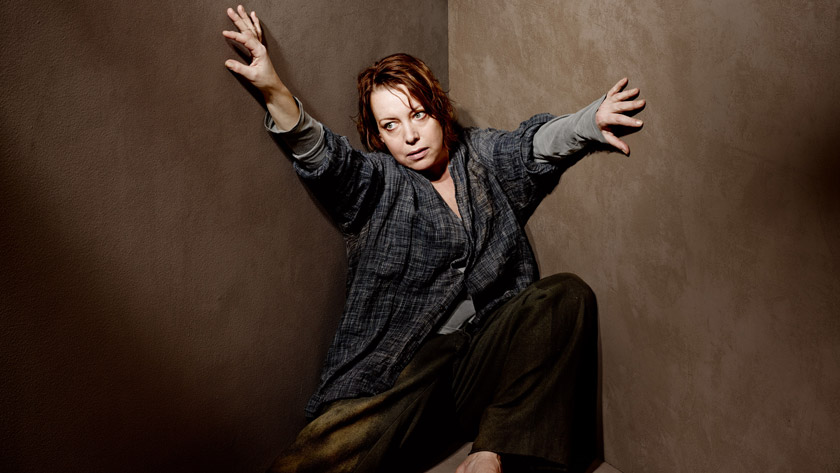
Live from MET – Der Rosenkavalier
Fathom events, May – Richard Strauss’s (1864-1949) passionate and lush opera, Der Rosenkavalier, was presented live in High Definition cinema on Saturday, 13 May 2017 to hundreds of delighted audiences in movie theatres throughout the world. It was a one-night-only performance broadcasted live from the Metropolitan Opera House in New York City. It’s world premiere was at the Konigliches Operahaus in Dresden in 1911 where it was enthusiastically received. It has remained a favorite operatic staple ever since.
Although designed as a comic-social opera, Der Rosenkavalier operates at a more emotionally deeper level. The end of the Habsburg’s dynasty was right around the corner, and the bitter-sweet quality of that time reflected on the plot. Only a few years after its premiere of Der Rosenkavalier, the symbolic end of the Habsburg Monarchy was marked. In 1916, Emperor Franz Joseph, after a reign of sixty-eight years died and then two years later Europe experienced First World War, the conflict that defined the century. The society never looked quite the same and new nation states were established in the former Habsburg territories.
Strauss was enamored by the female voice and his opera is famed for the beautiful arias for the three female roles consisting of two sopranos and a mezzo-soprano: Marschallin, Octavian and Sophie. Marschallin, Princess von Werdenberg, who is having an affair with the young count Octavian, conscious of the difference in age between herself and her lover, muses over the passing time, growing old and men’s inconstancy. Renee Fleming, who sings one of her signature roles as the Marschallin, received the warmest applause from the audience. Her opposite Elina Garanca as Octavian made her first North-American performance as the impulsive young title character, who easily changed an object of his feelings from Marschallin to Sophie, the young daughter of a wealthy arms dealer.
The intrigue begins when Baron Ochs, the Marschallin’s country cousin, who is engaged to Sophie meets Octavian, who is disguised as a chambermaid to avoid discovery in the Marschallin’s bedroom, makes advances towards “her’. The Marschallin is appalled at the thought of the rude Ochs marrying an innocent girl. In the second act on behalf of Ochs, Octavian presents Sophie with a customary silver engagement rose and two of them instantly fall in love. Sophie, who has never met the Baron before, is shocked by her fiancé manners and refuses to marry him. Octavian determines to teach the Baron a lesson, setting up a rendezvous as the “chambermaid”. In the final scene, Octavian takes off his disguise, Ochs admits defeat and leaves, Octavian and Sophie are united, as the Marschallin with dignity wonders how she lost her lover so suddenly.
The additional attraction of Fathom events are interviews with its cast, crew and production teams. The host during Der Rosenkavalier’s intermissions was Matthew Polenzani, who makes a small appearance here as Italian singer.
Set Designer, Paul Steinberg and Costume Designer Brigitte Reiffenstuel have brilliantly succeeded in creating stunning sets of time at the end of Habsburg empire led by the vibrant conducting of Maestro Sebastian Weigle.
Once again, Fathom Events in cooperation with the Metropolitan Opera, has offered appreciative audiences world-wide an incomparable opera experience for which we are all grateful.
